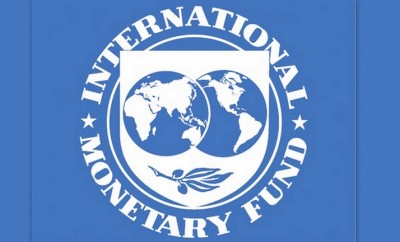
IMF: Tackling Corruption in Government
Political will can turn the tide against corruption
No country is immune to corruption. The abuse of public office for private gain erodes people’s trust in government and institutions, makes public policies less effective and fair, and siphons taxpayers’ money away from schools, roads, and hospitals.
While the wasted money is important, the cost is about much more. Corruption corrodes the government’s ability to help grow the economy in a way that benefits all citizens.
But the political will to build strong and transparent institutions can turn the tide against corruption. In our new Fiscal Monitor, we shine a light on fiscal institutions and policies, like tax administration or procurement practices, and show how they can fight corruption.
Corruption helps evade taxes
We analyze more than 180 countries and find that more corrupt countries collect fewer taxes, as people pay bribes to avoid them, including through tax loopholes designed in exchange for kickbacks. Also, when taxpayers believe their governments are corrupt, they are more likely to evade paying taxes.
We show that overall, the least corrupt governments collect 4 percent of GDP more in tax revenues than countries at the same level of economic development with the highest levels of corruption.
A few countries’ reforms generated even higher revenues. Georgia, for example, reduced corruption significantly and tax revenues more than doubled, rising by 13 percentage points of GDP between 2003 and 2008. Rwanda’s reforms to fight corruption since the mid-1990s bore fruit, and tax revenues increased by 6 percentage points of GDP.
Περισσότερα εδώ:




